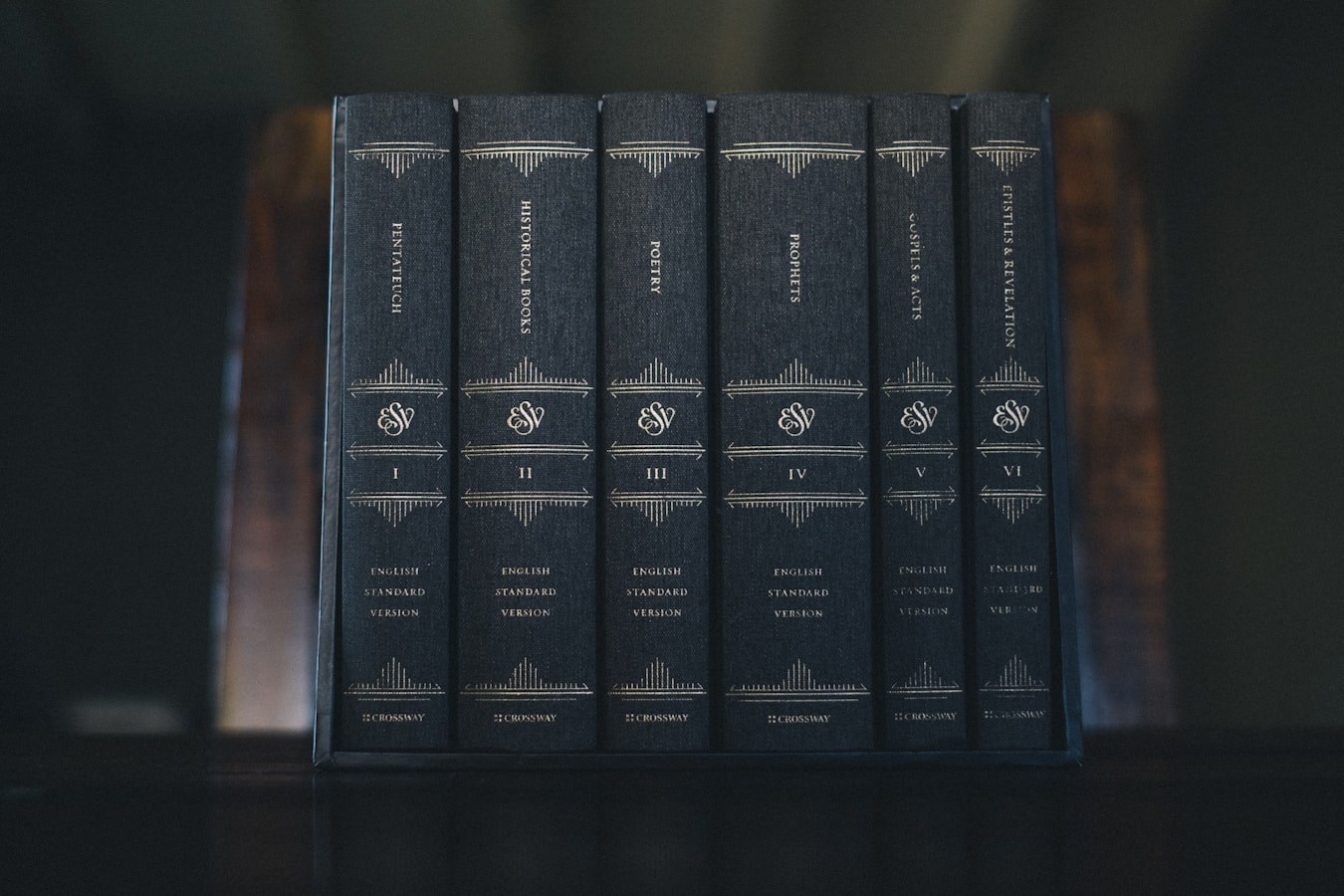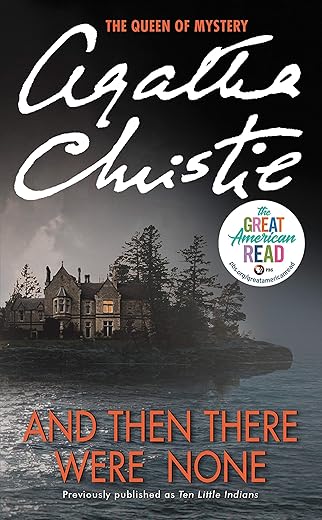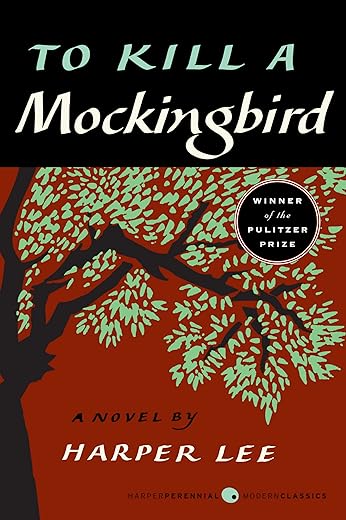Read every series in the right order

Department Q Books in Chronological Order – Complete Reading Guide




Table of Contents
Quick Answer (TL;DR)
Read the publication order, which also doubles as the in-universe order for all main novels:
- The Keeper of Lost Causes (aka Mercy)
- The Absent One (aka Disgrace)
- A Conspiracy of Faith (aka Redemption)
- The Purity of Vengeance (aka Guilt)
- The Marco Effect
- The Hanging Girl
- The Scarred Woman
- Victim 2117
- The Shadow Murders
- Locked In.
That path preserves character arcs (Carl, Assad, Rose, Gordon), Department Q’s evolving mandate, and the long fuse threads that pay off in books 7–10.
Introduction
The appeal of Department Q is simple and diabolically effective: a grumpy, guilt-burdened cop (Carl Mørck) gets promoted sideways into a basement to babysit cold cases—and he’s paired with an assistant (Assad) who may not be exactly who he says he is. Add Rose (a whirlwind of competence and volatility) and, later, Gordon; mix in Denmark’s polished surface with its crooked underbelly; and you get ten novels that start as puzzles and end as reckonings. The cases are clever; the villains chillingly plausible; and the found-family chemistry is the hook that keeps readers binging. This guide lays out Department Q Books in Chronological Order, the best editions to buy, the companion pieces, and how the screen versions line up.
Quick Facts
| Field | Details |
|---|---|
| Series | Department Q by Jussi Adler-Olsen (10 main novels) |
| Ideal Age Range | Adult (16+ for content) |
| Primary Genres | Nordic noir, police procedural, psychological thriller |
| Reading Difficulty | Moderate (interlaced timelines; mature themes) |
| Estimated Total Pages | ~4,000–4,300 across 10 novels (editions vary) |
| Estimated Read Time | ~60–70 hours (average 6–7 hrs/book for seasoned readers) |
| Content Warnings | Violence; torture; sexual assault (referenced/depicted non-graphically); cult abuse; political corruption; refugee crisis trauma; suicide |
| Media Adaptations | Six Danish films (2013–2024); English-language Netflix series Dept. Q premiered May 2025; renewals announced |
| Setting | Copenhagen & greater Denmark, plus international threads (esp. Books 5 & 8) |
| Tone | Dark but humane; sharp gallows humor in the team dynamics |
About the Department Q Book Series
Launched in Danish with Kvinden i buret (2007), the series follows detective Carl Mørck, exiled to a basement “promotion” to helm Department Q—a clearinghouse for cold cases that the brass hopes will keep him out of the way. Instead, Carl, Assad (whose past becomes the emotional fulcrum of Book 8), Rose (a brilliant administrator with her own fractures), and Gordon (later addition) build a renegade unit that solves the unsolvable.
Each novel is a self-contained case with parallel timelines (past crime / present investigation), but long-running subplots thread through, including department politics, Carl’s guilt from a past shooting, and the slow reveal of Assad’s history. In short: read in order, enjoy the ride.
Department Q Books at a Glance
Tip: US and UK titles sometimes differ. US titles are listed first; UK alternates in parentheses where applicable.
| # | Title | Amazon Buy Link |
|---|---|---|
| 1 | The Keeper of Lost Causes (Mercy) | Buy on Amazon |
| 2 | The Absent One (Disgrace) | Buy on Amazon |
| 3 | A Conspiracy of Faith (Redemption) | Buy on Amazon |
| 4 | The Purity of Vengeance (Guilt) | Buy on Amazon |
| 5 | The Marco Effect | Buy on Amazon |
| 6 | The Hanging Girl | Buy on Amazon |
| 7 | The Scarred Woman | Buy on Amazon |
| 8 | Victim 2117 | Buy on Amazon |
| 9 | The Shadow Murders | Buy on Amazon |
| 10 | Locked In | Buy on Amazon |
Department Q Books in Chronological Order
The main novels unfold chronologically; reading in publication order preserves character revelations and inter-book payoffs.
1) The Keeper of Lost Causes (aka Mercy)
Carl, newly sidelined to Department Q, inherits a mountain of dead files and a closet of demons. A missing politician’s five-year-old disappearance looks perfunctory—until small anomalies (and Assad’s uncanny instincts) re-ignite the trail. This is the blueprint: parallel timelines, bureaucratic roadblocks, and the birth of the Carl-Assad odd couple whose banter becomes the series’ heartbeat.
Read if you love: “not dead yet” puzzles; basement-office underdog energy.
2) The Absent One (aka Disgrace)
An old double homicide at a posh boarding-school circle was “solved” long ago—on paper. Department Q’s re-examination peels back power, privilege, and predation. A feral, street-level survivor named Kimmie complicates every assumption and becomes one of the series’ most unforgettable side characters.
Read if you love: elite-school secrets; hunter-vs-hunted reversals.
3) A Conspiracy of Faith (aka Redemption)
A bottle washed ashore contains a blood-written plea from years ago. The trail leads to a marriage in free-fall and a predator who perfects vanishing acts. Stakes tighten, empathy widens, and we see how far Q will bend rules when lives hang in the balance.
Read if you love: message-in-a-bottle cold cases; cat-and-mouse moral tests.
4) The Purity of Vengeance (aka Guilt)
Disappearances from the 1980s intersect with eugenics-adjacent “social hygiene” agendas, medical authority, and revenge that refuses to stay buried. This entry threads institutional memory with personal trauma—and quietly clarifies why Department Q matters.
Read if you love: institutional rot; historical sins surfacing.
5) The Marco Effect
A teenage runaway, trapped by a globe-spanning criminal clan, stumbles onto a corpse and a ledger that points toward corruption with international tentacles. The case stretches from Copenhagen to Africa and folds child exploitation and graft into a single, bleak conspiracy—energized by Q’s stubborn will to protect one boy.
Read if you love: conspiracy grids; found-family protection arcs.
6) The Hanging Girl
A long-ago death on Bornholm island collides with a modern sun-worshipping cult. Rose’s righteous fury meets Carl’s basement cynicism; Assad’s intuition keeps outpacing his cover story. The geography shifts, but the Q cadence (tenacity + empathy + gallows humor) remains crisp.
Read if you love: cult psychology; island atmospherics; team-under-pressure.
7) The Scarred Woman
Two cases—an elderly victim and a decade-old homicide—echo each other while a separate pattern of young women in danger surfaces. Internally, Rose’s past detonates, and the novel becomes as much about caring for one of their own as hunting a killer. Department Q’s survival as a unit is suddenly a plot point.
Read if you love: team-centered stakes; character-driven police work.
8) Victim 2117
A refugee’s body—labeled only “Victim 2117,” the 2,117th to die in the Mediterranean—reverberates simultaneously for three people: an online radicalized Danish teen; a war criminal plotting on a long fuse; and Assad, whose buried identity is finally, fully confronted. This is a reckoning—personal, political, and devastating.
Read if you love: backstory payoffs; global stakes intersecting a cold-case unit.
9) The Shadow Murders
A pattern of impeccably timed “accidents” stretching back to 1988 finally takes shape—a signature laced with ritual detail (that ominous salt). With COVID restrictions complicating everything, the team must stop a meticulous killer who has perfected invisibility. A penultimate-book gear that tightens everything.
Read if you love: long-game serials; procedural ingenuity under constraint.
10) Locked In
Carl is arrested and sent to Vestre Prison, framed and priced with a bounty to ensure he never talks. With the department turning its back, only Q remains to clear him before enemies inside finish the job. A true “team or die” thriller that turns the series inside-out—Carl is the cold case now.
Read if you love: siege narratives; “clear my name” races; loyalty tested to breaking.
Series Timeline & Character Development
- Carl Mørck: From burned-out, guilt-ridden, authority-averse detective to reluctant mentor and protector. His arc is about learning to trust (and be worthy of trust) again—without losing the sarcasm that keeps him afloat.
- Hafez el-Assad (a.k.a. Assad / Akram in some adaptations): Introduced as a cheerful, enigmatic “assistant,” revealed across books as the series’ moral core. Victim 2117 detonates his past and reframes a decade of clues about who he really is and what he survived.
- Rose Knudsen: Administrative wizard turned investigative force, with a harrowing personal history that collides with a case in The Scarred Woman. Her resilience (and the team’s response to her trauma) is one of the series’ most humane through-lines.
- Gordon: The late addition who begins as comic relief and becomes genuine connective tissue; his growth mirrors Department Q’s evolution from misfit cell to indispensable unit.
- Department Q itself: The basement that bites back. What starts as an exile office becomes Denmark’s conscience—its wins forcing the upper floors to admit that “cold” never meant “closed.”
Novels Sorted in Order of In-Universe Events
The mainline novels unfold chronologically in the same sequence they were published:
- The Keeper of Lost Causes
- The Absent One
- A Conspiracy of Faith
- The Purity of Vengeance
- The Marco Effect
- The Hanging Girl
- The Scarred Woman
- Victim 2117
- The Shadow Murders
- Locked In
Novels Sorted by Publication
- Kvinden i buret → The Keeper of Lost Causes / Mercy (2007 DK; 2011 EN)
- Fasandræberne → The Absent One / Disgrace (2008 DK; 2012 EN)
- Flaskepost fra P. → A Conspiracy of Faith / Redemption (2009 DK; 2013 EN)
- Journal 64 → The Purity of Vengeance / Guilt (2010 DK; 2013 EN)
- Marco Effekten → The Marco Effect / Buried (2012 DK; 2014–15 EN)
- Den Grænseløse → The Hanging Girl (2014 DK; 2015 EN)
- Selfies → The Scarred Woman (2017 DK; EN follows)
- Offer 2117 → Victim 2117 (2019 DK; 2020 EN)
- Natrium Chlorid → The Shadow Murders (2021 DK; 2022 EN)
- 7 m2 med lås → Locked In (2023 DK; 2024 EN)
Companion Works
- Små pikante drab (short story, in Danish anthology Liv for Liv, 2011) — adjacent tone/palette for Adler-Olsen completists.
- Essays, interviews, and Danish media pieces occasionally illuminate Department Q’s origins and the author’s research into historical policies, cults, and refugee crises. (No official Q short-story collections in English at time of writing.)
Editions & Formats (hardcover, collector, audio)
Hardcover & Paperback
- US editions typically carry the “Department Q” subtitle; UK editions often use alternate titles (e.g., Mercy, Disgrace, Redemption, Guilt, Buried).
- Later hardcovers sometimes include reading-group questions; paperbacks often feature series-continuity branding (spines line up nicely on a shelf).
Audiobooks
- Every main novel is available on audio; production values are strong and suit the series’ braided timelines. If you commute, audio + print tandem reading works beautifully for these.
Collector Tips
- If you like uniform shelves, pick one region’s titling (US vs. UK) and stick with it.
- Earlier US hardcovers (Dutton) can be found with matching jackets; recent titles (e.g., Locked In) keep the visual line cohesive.
Why Read Department Q Books in Chronological Order?
- Character revelations land correctly. Assad’s arc is planted early and blossoms in Book 8; Rose’s storyline peaks in Book 7.
- Political continuity makes sense. Department politics, Copenhagen’s changing leadership, and Q’s budget/mandate pressures all layer sequentially.
- The long game pays off. From basement exile to national institution, you feel the team earn its authority.
Author Spotlight: Jussi Adler-Olsen
Carl Valdemar Jussi Henry Adler-Olsen (b. 1950) is Denmark’s premier crime novelist, a media polymath who debuted in nonfiction (1984) and later fiction (1997) before detonating internationally with Department Q. He’s a winner of major Nordic crime awards (including the Glass Key) and a bestseller across northern Europe and the US. His approach blends meticulous research with audacious villains and humane investigators—proof that Nordic noir can be brutal without losing its heart.
Media Adaptations (films, TV, radio)
Danish Films (Zentropa & successors)
- The Keeper of Lost Causes (2013)
- The Absent One (2014)
- A Conspiracy of Faith (2016)
- The Purity of Vengeance (2018)
- The Marco Effect (2021)
- Boundless (based on The Hanging Girl, 2024)
Production of later films shifted hands after creative disagreements; recurring roles were recast to align more closely with the books.
Netflix Series (English-language)
- Dept. Q premiered May 2025 (showrunner Scott Frank; produced by Left Bank Pictures/Sony).
- Setting: Scotland (not Denmark), with character name changes (e.g., Assad → Akram Salim; Merete Lynggaard → Merrit Lingard).
- Renewed August 2025 for a second series.
Reading note: The films adapt Books 1–6 (with varying fidelity); the Netflix show is a re-imagining. If you want the author’s canon arc, the novels are your spine.
Watch trailer :
FAQs
Do I need to read Department Q in order?
Yes. The cases are self-contained, but the team arcs are not. Read 1→10.
US vs. UK titles—what’s going on?
Same books, different marketing. Early UK titles use single-word names (Mercy, Disgrace, Redemption, Guilt). Our tables list both.
Are the books very dark?
They’re Nordic noir: mature themes, cruelty, institutional rot. Violence isn’t gratuitous, but several topics (e.g., sexual assault, cult abuse) appear. We included content notes above.
Where does Assad’s backstory pay off?
Breadcrumbs throughout; the big reveal/emotional punch is Victim 2117 (Book 8).
Can I start with the Netflix show?
Sure, but it’s a re-setting. If you want Adler-Olsen’s full arc, begin with The Keeper of Lost Causes.
Which book is “the scariest”?
Subjective, but The Purity of Vengeance and The Shadow Murders unsettle many readers; Victim 2117 hits the hardest emotionally.
Final Thoughts
Department Q endures because it marries puzzle-box plotting with bruised, lovable humans. The villains are chilling, the social critique sharp, and the team’s affection—expressed through insults, coffee, and last-ditch risks—feels earned. Follow Department Q Books in Chronological Order, and you’ll feel the basement office transform from punishment to purpose—one cold case (and one hard-won redemption) at a time.










